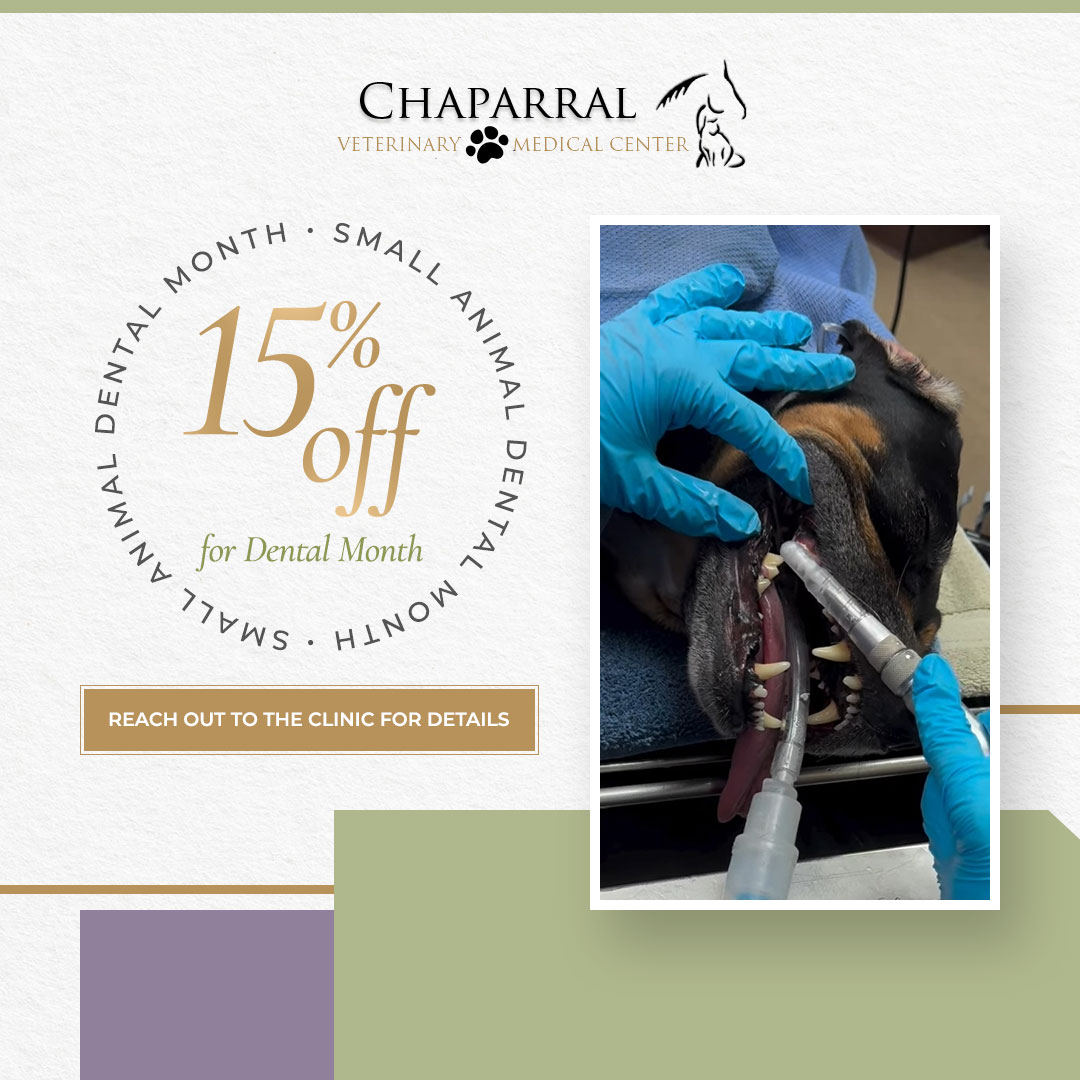Cave Creek, AZ 85331
A Guide to Ensuring Your Pet's Wellbeing Before Surgery

Pet surgery encompasses a wide range of procedures, from routine operations like spaying and neutering to more complex surgeries like orthopedic repairs and tumor removals. As a pet owner, understanding what surgery entails, and how to prepare for it can make a world of difference to both you and your furry friend.
Common Applications for Pet Surgery
Pet surgery is not a one-size-fits-all concept. It has numerous applications, each designed to address specific health issues. Common applications for pet surgery can be broadly categorized into preventative, diagnostic, and therapeutic procedures.
Preventative surgeries, like spaying and neutering, are designed to prevent future health and behavioral issues. Diagnostic surgeries, on the other hand, help veterinarians identify the root cause of an existing problem. This category includes procedures like biopsies and exploratory surgeries.
Therapeutic surgeries are meant to treat an identified health issue. This category is vast and includes everything from dental surgeries to remove decayed teeth, orthopedic surgeries to repair fractured bones, and even complex surgeries to remove tumors or treat organ diseases.
The Importance of Ensuring Your Pet's Wellbeing Before Surgery
Ensuring your pet's well-being before surgery is of paramount importance. A healthy pet is more likely to withstand the rigors of surgery and recover faster post-operation. Pre-surgery wellbeing is not just about physical health; it encompasses your pet's mental and emotional well-being as well.
Firstly, it's crucial to ensure your pet is physically fit for surgery. This involves a comprehensive health check-up with your vet to rule out any underlying health conditions that could complicate surgery.
Next, your pet's emotional well-being plays an essential role in how they handle the surgery and recovery process. A calm, stress-free pet will have a better surgical outcome than a stressed, anxious one.
Maintaining your pet's well-being before surgery also involves preparing them for the procedure. Preparation involves a variety of steps, from adjusting their diet and medication to getting them used to a post-surgery environment.
Preparing Your Pet for Surgery: A Step-by-Step Guide
Pre-surgery Consultation
The first step in preparing your pet for surgery involves a comprehensive consultation with your vet. During this consultation, your vet will conduct a thorough physical examination of your pet, order necessary diagnostic tests, and discuss the surgical procedure in detail.
Adjusting Diet and Medication
Based on the consultation, your vet may recommend changes to your pet's diet and medication regimen. For example, your pet may need to fast for a certain period before surgery, or certain medications may need to be stopped or adjusted.
Pre-surgery Training
Training your pet for their post-surgery environment can go a long way in ensuring their comfort and reducing their anxiety. This could involve getting them used to a crate or carrier, teaching them to wear a protective collar, or even introducing them to the vet clinic's environment.
How to Reduce Anxiety and Stress Before Pet Surgery
Reducing anxiety and stress before pet surgery is crucial for your pet's well-being and successful surgical outcome. Here are a few strategies to help ease your pet's nerves:
1. Familiarize Your Pet with the Vet Clinic: Make frequent, low-stress visits to the vet clinic to help your pet become familiar with the environment. This can help reduce their anxiety on the day of surgery.
2. Use Calming Aids: Consider using calming aids like pheromone diffusers, calming collars, or anxiety wraps to help soothe your pet's nerves.
3. Practice Relaxation Techniques: Teach your pet relaxation techniques like deep breathing (for dogs), massage, or even calming music. These techniques can help calm your pet's nerves and make them more comfortable.
Navigating Pet Surgery Effectively
Pet surgery can be a challenging experience for both pets and their owners. However, with adequate preparation and a focus on maintaining your pet's well-being, you can ensure a smoother, less stressful surgical experience.
Every pet is unique, and what works for one may not work for another. So it's important to discuss your pet's specific needs and concerns with your veterinarian, design a tailored pre-surgery plan, and remain patient and supportive throughout the process.
To learn more on how to ensure your pet’s well-being before surgery, visit Chaparral Veterinary Medical Center in our Cave Creek, Arizona, office. Call 480-595-8600 to schedule an appointment today.













